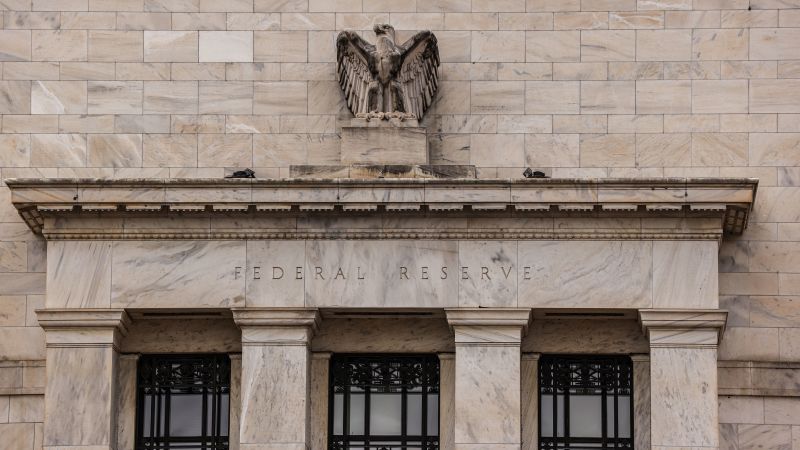The Federal Reserve is expected to keep interest rates the same in its upcoming policy decision, but there is speculation that the Fed may cut back on its quantitative tightening program by as much as half. This program involves selling off assets to decrease money supply and increase interest rates. The Fed initially bought government-backed bonds to support economic recovery after the pandemic-induced recession, but started unloading them as inflation rose. The current pace of quantitative tightening is draining more than $900 billion in liquidity from the system annually, causing concern among some traders.
JPMorgan Chase CEO Jamie Dimon has expressed concern about the impact of quantitative tightening, as it reduces the amount of money in the banking system and can lead to higher interest rates. The last time the Fed implemented a similar program in 2019, it caused a “repo crisis” where banks fell short on reserves, leading to a spike in overnight loan interest rates. Fed Chair Jerome Powell has indicated that quantitative tightening will be scaled back soon, with many officials expecting a reduction to $30 billion. This decision is anticipated to have a significant impact on the bond market and could be bullish for riskier investments like stocks and bonds.
The Biden administration has moved to reclassify marijuana as a Schedule III controlled substance, acknowledging its medical benefits and implications for research and the cannabis industry. The recommendation to reclassify marijuana was praised by lawmakers on both sides of the aisle, as it marks a step towards ending the war on drugs. The formal rulemaking process for the reclassification is expected to be lengthy and could take months to complete.
Changpeng Zhao, the founder of Binance, the world’s leading cryptocurrency exchange, was sentenced to four months in prison after pleading guilty to money-laundering charges. Zhao apologized for his mistakes and agreed to step down as CEO of Binance, as well as paying fines as part of a coordinated settlement with the federal government. The sentence was lighter than the three years requested by prosecutors, and the company admitted to engaging in anti-money laundering activities and sanctions violations.
Overall, these recent developments indicate potential shifts in monetary policy and legal classifications that could impact financial markets and the cannabis industry. The Federal Reserve’s decision on quantitative tightening, the reclassification of marijuana, and the sentencing of Changpeng Zhao all have implications for various sectors of the economy. Traders and lawmakers are closely watching these developments for their potential effects on interest rates, investment opportunities, and the regulation of cryptocurrencies and cannabis.


